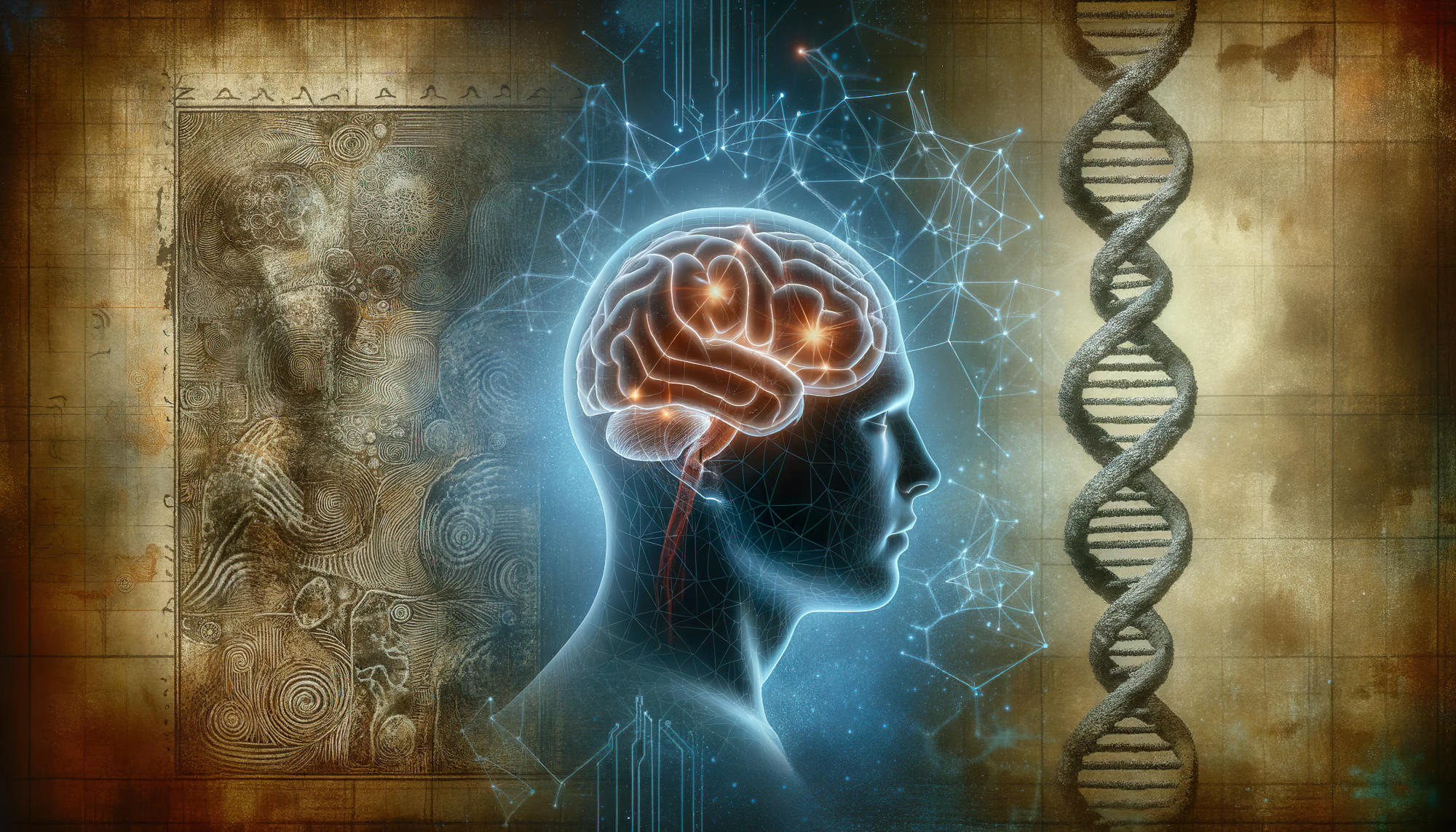Genetic Adaptation to Cold: The Legacy of Denisovans
Modern humans interbred with Denisovans in Asia, resulting in a genetic adaptation that allowed them to thrive in cold climates. Today, this adaptation is widespread in non-African populations. While beneficial for cold adaptation, this genetic variant may also increase the risk of psychiatric disorders.
Approximately 60,000 years ago, modern humans left Africa and migrated to Asia, where they encountered the Denisovans. Interactions between these two groups led to crossbreeding and the incorporation of Denisovan genes into the modern human genome. Researchers from the Institute of Evolutionary Biology and the Pompeu Fabra University have identified one of the most prevalent genetic traces of Denisovans in modern humans, which played a crucial role in their adaptation to the cold.
The genetic variant observed, which affects zinc regulation, is believed to have provided an evolutionary advantage to our ancestors in adapting to the cold climate. However, it also appears to be associated with an increased vulnerability to psychiatric disorders such as depression and schizophrenia.
The Evolutionary Population Genetics Laboratory conducted a study to understand the cellular-level effects of this Denisovan-origin genetic variation. They found that the genetic variant caused a change in zinc transport within cells, altering cellular metabolism and potentially providing a metabolic advantage in cold environments.
Furthermore, the same genetic variant is also linked to the regulation of the nervous system and mental health. Individuals carrying this variant have a higher predisposition to several psychiatric disorders. To gain further insights into this association, future studies involving animal models could be conducted.
Interestingly, this genetic variant has spread globally, except in African populations where it is less frequent. It is one of the most widespread Denisovan genetic adaptations discovered so far, with implications for populations outside of Africa. Other genetic adaptations, such as the EPAS1 variant found only in Tibetans, demonstrate the specificity of certain adaptations.
In conclusion, the interbreeding between modern humans and Denisovans in Asia led to the development of a genetic adaptation that allowed humans to survive and thrive in cold climates. However, this adaptation comes with the potential risk of psychiatric disorders. Understanding the genetic basis of human adaptation can provide valuable insights into our evolutionary history and the complexities of human health.
Reference: Roca-Umbert, A., Garcia-Calleja, J., Vogel-González, M., Fierro-Villegas, A., Ill-Raga, G., Herrera-Fernández, V., Bosnjak, A., Muntané, G., Gutiérrez, E., Campelo, F., Vicente, R., & Bosch, E. (2023). Human genetic adaptation related to cellular zinc homeostasis. PLOS Genetics, 1–28. https://doi.org/10.1371/journal.pgen.1010950


